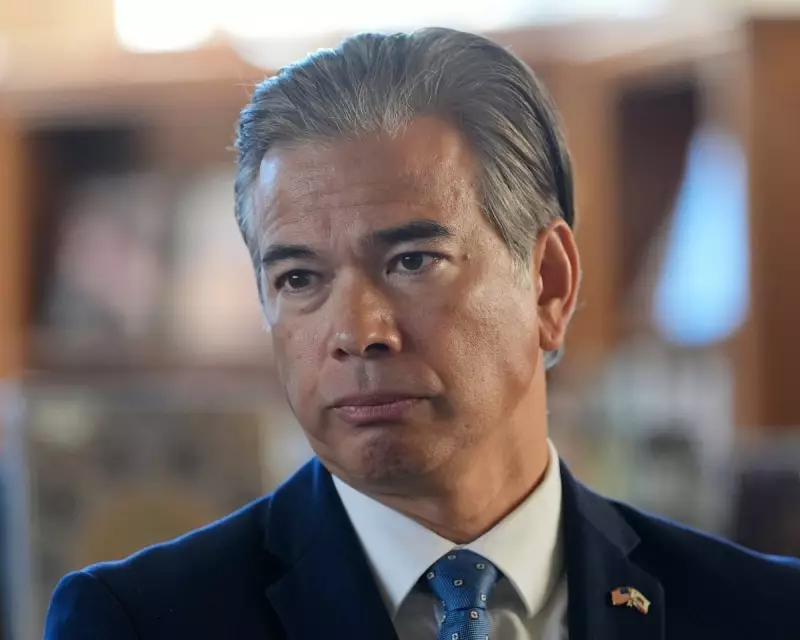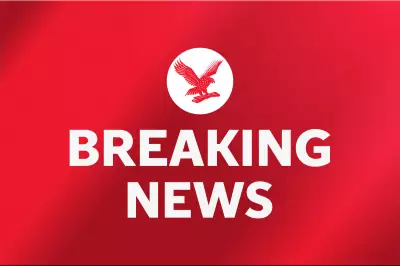
In a move that has sent shockwaves through the American education system, the Trump administration has unveiled a radical budget proposal that would slash federal funding for public schools by billions of dollars. The plan represents the most significant overhaul of education funding in decades, prioritising private school choice over traditional public institutions.
A seismic shift in funding priorities
The proposed budget, detailed in documents obtained by The Guardian, aims to dismantle long-standing federal programmes that support low-income and special needs students. At the heart of the strategy is a massive reallocation of resources towards voucher schemes, which would allow parents to use public funds for private school tuition.
Education advocates and Democratic lawmakers have condemned the proposal as an "all-out assault" on public education. They argue that the cuts would devastate schools already struggling in the wake of the pandemic, disproportionately harming the most vulnerable students.
The DeVos legacy continues
While former Education Secretary Betsy DeVos is no longer in office, her ideological footprint is starkly visible in this new budget. The proposal aggressively champions the "school choice" movement she long advocated for, seeking to permanently alter the federal government's role in education from a supporter of public schools to a facilitator of private options.
Key programmes on the chopping block include Title I grants, which are dedicated to schools with high numbers of children from low-income families. Critics warn that eviscerating this funding would deepen educational inequality and create a two-tier system.
A fierce political battle ahead
The budget is likely to face fierce opposition in Congress, where Democrats still hold significant sway. It sets the stage for a protracted political battle over the future of American education, making it a central issue for the upcoming political season.
Proponents of the plan, however, frame it as a long-overdue empowerment of parents. They argue that redirecting funds through vouchers and education savings accounts gives families the freedom to escape underperforming schools and choose the best educational setting for their children, fostering competition and innovation.
As the debate intensifies, school districts across the nation are anxiously watching, aware that the outcome could redefine the educational landscape for a generation.





